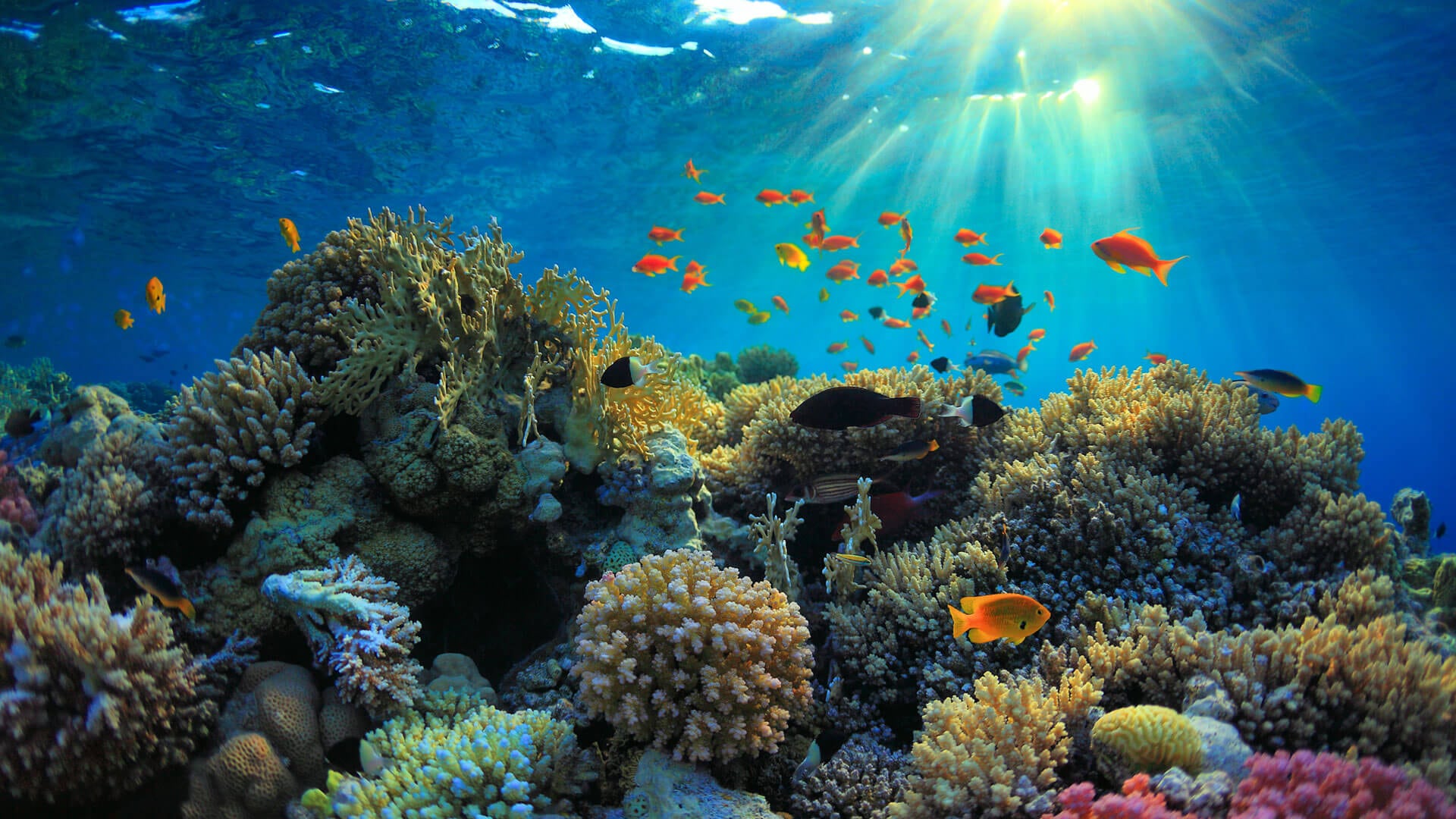July 28, 2025

In a rare piece of good news for marine ecosystems, scientists have observed rapid recovery in coral reefs once thought irreversibly damaged—thanks to a newly identified species of heat-tolerant algae.
The international research team, led by marine biologists at the University of Queensland, studied reefs in the South Pacific that had suffered severe bleaching due to rising ocean temperatures. They found that corals which had hosted Symbiodinium thermalis—a previously overlooked type of symbiotic algae—were able to survive heatwaves and begin regenerating within months.
“This discovery could change the trajectory of reef conservation,” said Dr. Lina Fernandez, lead author of the study published in Nature Ecology & Evolution. “These algae are like natural climate armor for coral.”
Unlike traditional reef-building symbionts, S. thermalis can photosynthesize efficiently even in temperatures above 32°C (89.6°F), helping the coral maintain energy production and survive during heat stress. As ocean temperatures continue to rise, this adaptation could be key to preventing global reef collapse.
The findings are fueling efforts to “rewild” damaged reefs by introducing these resilient algae into struggling coral populations—a form of assisted evolution that could buy time while global emissions are curbed.
Conservationists caution that this is not a silver bullet, but it offers a promising new tool in the fight to protect one of Earth’s most biodiverse and vulnerable ecosystems.